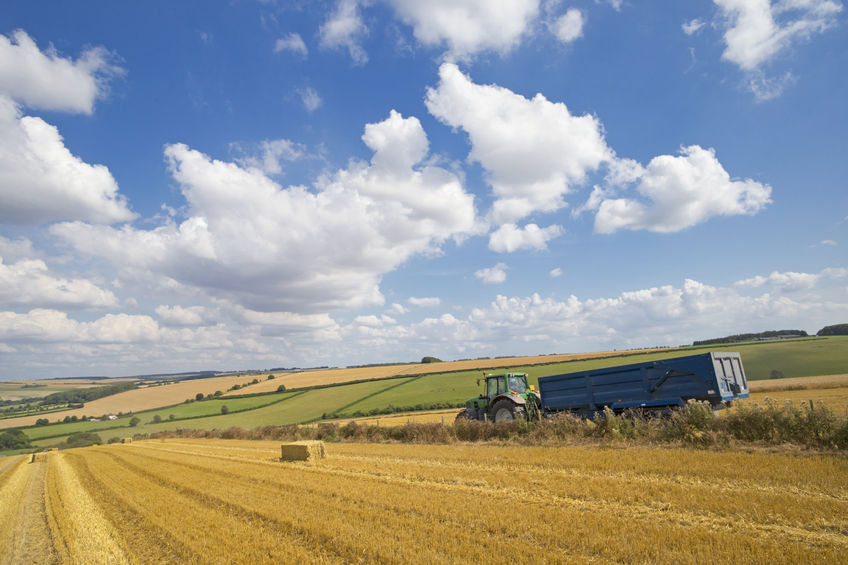Farmers could enter contract to provide public goods for payment, CLA says

Farmers could enter contracts post-Brexit to provide public benefits in return for guaranteed payments over the long term, but only if it makes good business sense to do so.
The CLA, a rural organisation representing landowners and farmers, has published its paper detailing a new mechanism for how a post-Brexit public goods scheme should work for farming, the environment and society.
The new report, published on Wednesday (23 May), explains how a "Land Management Contract" should be designed and delivered in England as part of a new national agricultural policy once UK farming transitions away from the current system of direct payment.
The CLA’s proposed Land Management Contract is a commercial business proposition, with the farmer entering a contract to provide public benefits in return for payments.
The paper emphasises that while a new public goods scheme delivered through Land Management Contracts presents significant opportunities for environmental improvement, these benefits will only be delivered if the new scheme attracts farmers and land managers by making good business sense.
This will require the Government to commit to transferring, over time, at least the current Common Agricultural Policy (CAP) spend into the new public goods scheme, to ensure sufficient incentive. In England this current spend under the CAP is £2.2bn per year.
New system
The proposal follows as Defra Secretary Michael Gove announced earlier this year that farmers will receive money to make improvements to the environment under a new system of subsidies.
Under it, farmers will be rewarded for planting wildlife habitats, woods, wildflower meadows and other environmental benefits after Britain leaves the European Union in March 2019.
The government plans to guarantee that BPS payments will continue for a transition period in England, which should last a number of years beyond the implementation period, depending on consultation.
Mr Gove has frequently attacked the EU's CAP, calling it "environmentally damaging and socially unjust".
CLA President, Tim Breitmeyer said the vision where profitable food production and environmental improvement goes hand in hand is "the right one".
“For a long time the CLA has advocated a policy that incentivises land managers to deliver public goods like creating new habitats for wildlife, action to improve soil quality and delivering high standards of animal welfare," Mr Breitmeyer said.
Profitable food production
He said the policy will only succeed if it sits alongside a plan for supporting profitable food production, through a transition period and for the long term.
“There is now clear political will to support this approach, but it is crucial that this milestone towards a sustainable future for the countryside is thoughtfully designed and well delivered," Mr Breitmeyer added.
“If the scheme does not make good business sense, and is not designed to work alongside profitable food production, the opportunity will be lost."
Mr Breitmeyer said the scheme must have sufficient investment whilst avoiding "unnecessary complexities and burdensome red tape".
He said it also means long term guaranteed payments so that farm businesses can have the certainty that is crucial in planning for a resilient future.








